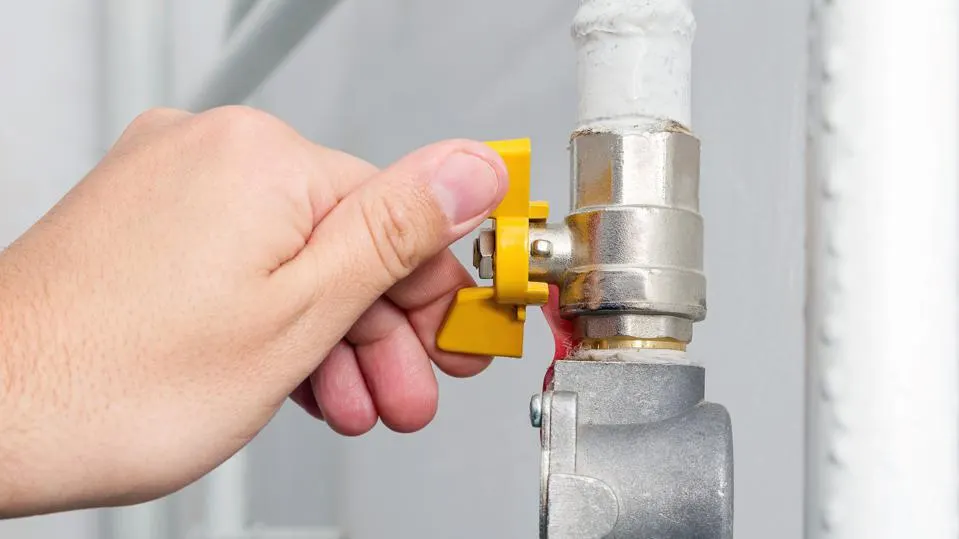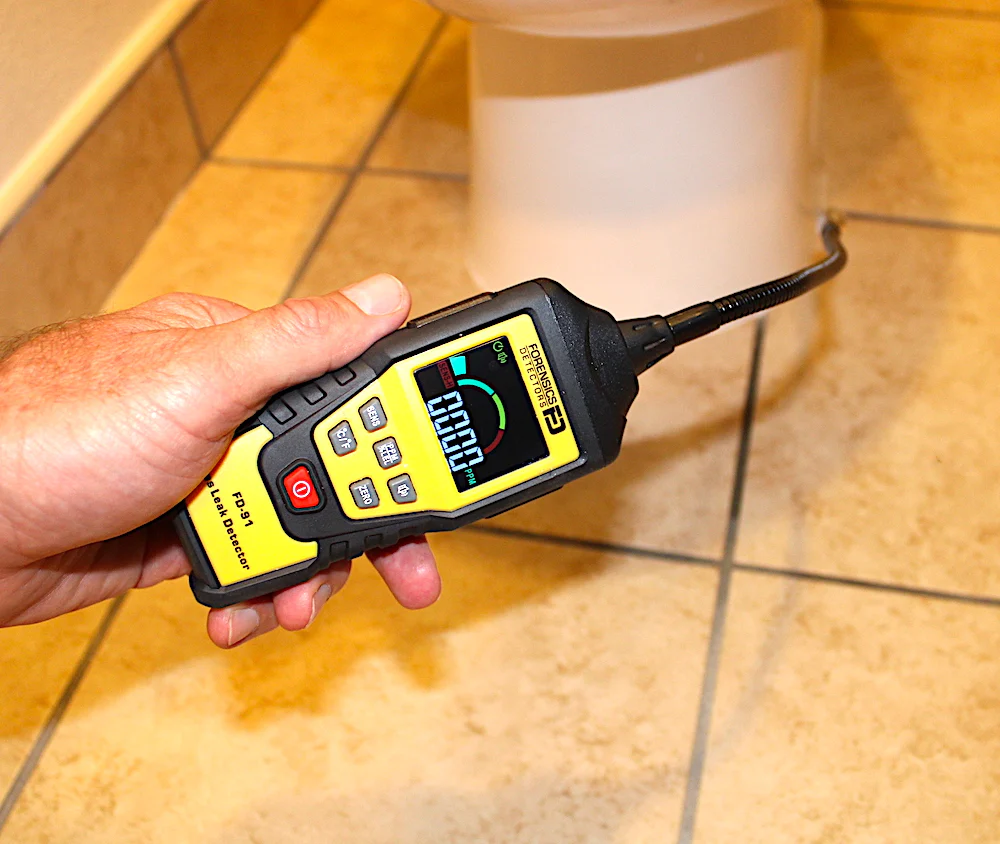The typical labor expense for repairing a gas leak averages around £165. However, the overall expenditure can significantly fluctuate based on material costs and the duration required for the repair.
Additionally, it’s important to consider that gas leak repairs often constitute emergency situations, which can escalate pricing. For instance, calling for assistance during off-hours or on holidays like Christmas may result in higher charges.
Can I fix a natural gas leak myself?

When working with gas, you should use a Gas Safe qualified engineer. It may appear simple to repair a gas line or install a new gas stove yourself, but this is prohibited, and mistakes can be harmful or even fatal. An unfixed gas leak might possibly cause an explosion.
Cost of repairing a refrigerator gas leak Refrigerants such as Freon are rarely used in modern refrigerators since they affect the ozone layer. However, if you have an older refrigerator and it runs short on Freon, it is a symptom of a leak. Getting it fixed might cost between £150 and £225.
How can I tell if there is a gas leak?
When natural gas initially emerges from the earth, it is odorless. So, to make gas leaks more noticeable, gas companies inject a chemical called mercaptan, which smells like rotten eggs. This odor is typically the most evident indicator of a gas leak. Other symptoms include: A damaged gas pipe A hissing noise near a gas line.
A white fog beside a gas pipeline. Dead houseplants. Bubbles in water. Higher gas expenses than normal. If you suspect a gas leak, vacate the building immediately and do not use any light switches or phones. As soon as you’ve left the property, call the emergency gas phone line.
How can I avoid a gas leak?

It is better to prevent than to cure. Follow these easy techniques to avoid a gas leak: Always have your boiler and gas appliances installed by a Gas Safe qualified engineer. Ensure that boilers and gas appliances are frequently safety checked or maintained by a licensed engineer. Install a gas detector alarm to notify you of any leakage. Ensure that a Carbon Monoxide (CO) detector is fitted in your house. Regularly check alarm batteries to ensure they are not flat. If you reside in leased property, make sure your landlord gives you a gas safety certificate.
How to choose the most cost-effective repair option for a gas leak?
Choosing the most cost-effective repair option for a gas leak involves several steps to ensure safety, compliance, and efficiency. Here’s a guide to help you make the right decision:
Assess the Severity
Determine the severity of the gas leak. Minor leaks may require less extensive repairs, while major leaks could necessitate more thorough fixes.
Identify the Source
Locate the source of the gas leak. This could be a damaged pipe, a faulty connection, or a malfunctioning appliance.
Consider Repair Options
- Temporary Solutions: In some cases, temporary solutions like using sealants or tape may be sufficient to stop a minor leak temporarily. However, these should only be considered as temporary measures until proper repairs can be made.
- Repair or Replace: Depending on the severity and location of the leak, repairing the damaged component may be sufficient. However, if the damage is extensive or if the equipment is old and prone to further issues, replacement might be a more cost-effective long-term solution.
- Upgrade: If the gas leak is due to outdated or faulty equipment, upgrading to newer, more efficient models may be a wise investment in the long run, even if it involves higher upfront costs.
Consider Safety Regulations
Ensure that any repair option chosen complies with safety regulations and standards set by relevant authorities. Cutting corners on safety can lead to serious consequences.
FAQ’s
How common are gas leaks in houses?
Gas leaks in houses are relatively common, often occurring due to damaged pipelines, faulty appliances, or improper installations.
What does a gas leak smell like?
Gas leaks often emit a distinct odor described as rotten eggs or sulfur, added to natural gas as a safety measure to aid in detection.
Is a gas leak a significant problem?
Yes, a gas leak is a significant problem due to the potential for fire, explosion, and health hazards associated with inhaling natural gas or its byproducts.
Is natural gas toxic to inhale?
Yes, natural gas is toxic to inhale in high concentrations, as it can displace oxygen in the air, leading to asphyxiation, and exposure to certain components like methane can cause health issues.
Where do gas leaks usually happen?
Gas leaks commonly occur in areas with gas appliances such as stoves, water heaters, furnaces, or along pipelines due to corrosion, damage, or faulty connections.
Final Words
It’s super important to fix gas leaks in your house to stay safe. We talked about finding leaks quickly and what affects how much it costs to fix them. It’s smart to learn about different ways to fix leaks and how much they might cost.
Always think about safety, compare prices, and pick the best solution for the long term. Taking good care of your home and being careful can keep everyone safe from gas leaks.
